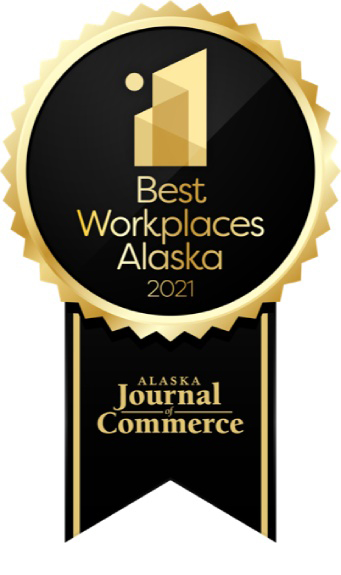California Releases Draft Employer Reporting Instructions
September 28, 2020
Introduction
California recently released draft reporting instructions to assist employers and other entities that are subject to reporting requirements under California’s individual mandate. These forms help clarify exactly who is subject to California’s reporting requirements; what content must be filed with the state and on what forms; the due date for such information; and other issues related to filing requirements.
Background
The Tax Cuts and Jobs Act of 2017 reduced the individual mandate penalty to $0.00 effective January 1, 2019. In response, several jurisdictions (CA, DC, NJ, RI and VT) followed Massachusetts’s lead and enacted their own state-level mandates.
Some state mandates have already gone into effect – i.e., New Jersey and Washington D.C. both had mandates that went into effect January 1, 2019, with employer reporting due during the first half of 2020. California and Rhode Island, on the other hand, took effect January 1, 2020 and their first reports will be due in early 2021. Vermont currently does not have any employer reporting requirement, and Rhode Island has yet to issue any detail about its reporting requirement. Therefore, this issue brief will focus on what we know about California’s upcoming reporting requirements.
California Employer Reporting Requirements
California’s Franchise Tax Board (FTB), the entity tasked with enforcing its individual mandate and associated employer reporting requirements, has released two sets of draft instructions for employer reporting: Draft Publication 3895B (www.ftb.ca.gov/file/business/report-mec-info/2020-3895b-publication-draft.pdf) and Draft Publication 3895C (www.ftb.ca.gov/file/business/report-mec-info/2020-3895c-publication-draft.pdf).
Under California’s reporting requirement, employers (including out-of-state employers with California residents) offering self-insured coverage will need to comply with the reporting requirements in early 2021. This includes applicable large employers, or ALEs (i.e., employers with at least 50 full-time equivalents) and non-ALEs offering MEC. Insurers/carriers will handle reporting for any fully-insured plans offered by ALEs and non-ALEs.
Typically, ALEs will report offer of coverage and MEC information using federal forms 1094-C and 1095-C, while non-ALEs and other entities providing MEC will report on enrollment in such coverage using federal forms 1094-B and 1095-B. In both cases, the same forms that the employer transmits to the IRS for federal reporting purposes can be transmitted to the FTB to satisfy California’s reporting requirement.
Reporting to the FTB is due by March 31. Statements must also be provided to employees by January 31. (Importantly, the federal extension that is generally provided for employee statements [to early March] does not apply in California. Therefore, employers will need to comply with California’s more stringent deadline.)
Employers filing at least 250 forms 1095-C or at least 100 forms 1095-B must file electronically unless employers obtain a hardship waiver. This threshold applies separately to the “C” and “B” forms. The FTB encourages electronic filing even for employers filing fewer than 250 “C” or 100 “B” returns.
With respect to completing the forms:
- For Form 1094-C, only Part I (Applicable Large Employer Member) is required for California’s reporting purposes. Parts II, III and IV of the form are not required. In addition, information on Line 19 is not required. Employers that have completed this information for federal reporting purposes may submit the form with this information, but the FTB will disregard it.
- For Form 1095-C, completion of the entire form (Parts I, II and III) is required for California’s reporting purposes.
- Forms 1094-B and 1095-B should be completed in accordance with federal instructions.
More details on the technical specifications for submitting the forms may be found here: www.ftb.ca.gov/file/business/report-mec-info/technical-specifications.html.
Employers may be subject to a penalty of $50 for each return for which a failure to file occurs.
Conclusion
Employers should continue to pay attention to California’s reporting requirements in case changes or clarifications are made when the final instructions are issued. It will also be important to monitor Rhode Island’s reporting requirements as details become available. Finally, keep in mind that reporting will also be required again in 2021 for Massachusetts, New Jersey, and Washington D.C. For additional details on reporting requirements for each location, please see our reporting chart here: www.benefitcomply.com/resources/wp-content/uploads/2020/08/State-Individual-Mandate-Employer-Reporting-Chart_August-2020Final.pdf
The views and opinions expressed within are those of the author(s) and do not necessarily reflect the official policy or position of Parker, Smith & Feek. While every effort has been taken in compiling this information to ensure that its contents are totally accurate, neither the publisher nor the author can accept liability for any inaccuracies or changed circumstances of any information herein or for the consequences of any reliance placed upon it.



